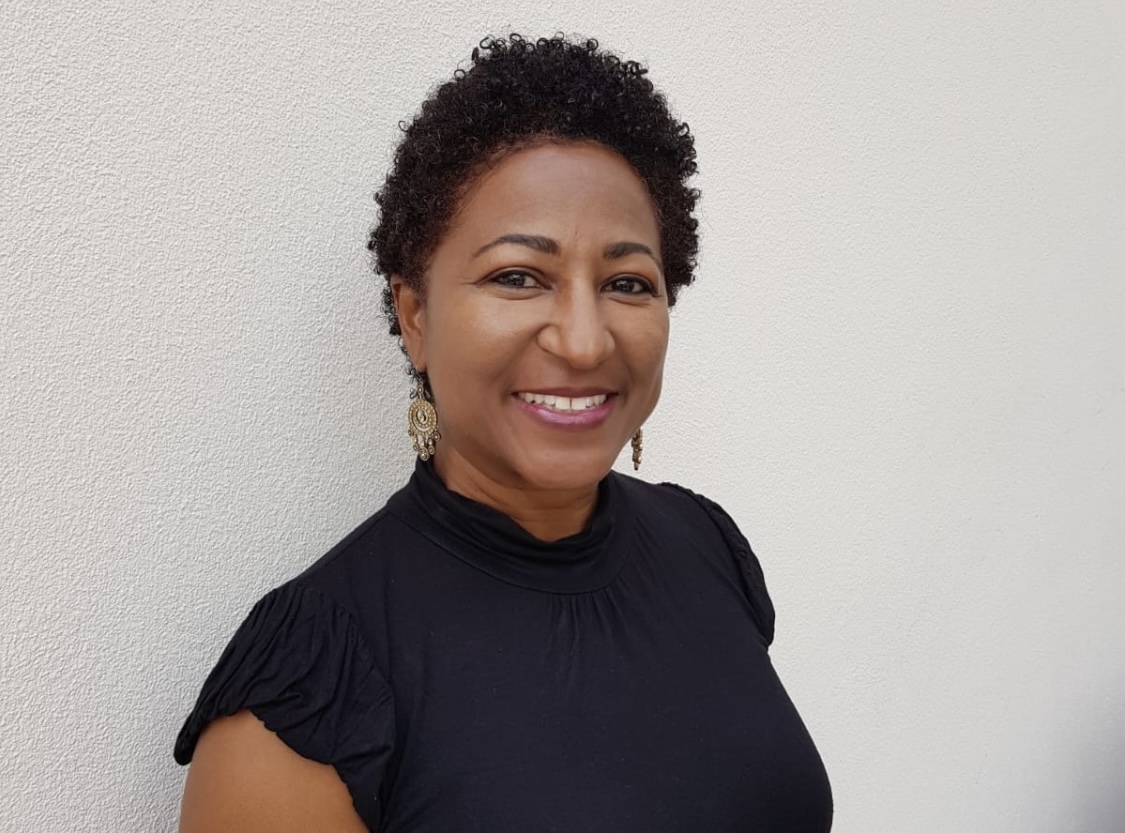During the Christmas season, the Centre Against Abuse (CAA) understand that holidays can be extremely traumatic for victims and survivors of domestic abuse. We are particularly mindful of domestic abuse’s effects on a victim/survivor’s mental health during this time.
We recognize that abuse happens throughout the year and does not take a day off. However, for victims/survivors, the holiday period brings additional mental health issues that are a common consequence of domestic abuse.
Typically, when we hear the word domestic abuse, we visualize someone with bruises or broken bones.
We fail to recognize that emotional and psychologically abusive behaviours can damage victims and survivors. This specific suffering is frequently isolating for victims and survivors who may feel that people do not believe their story or that they deserve the pain because of a loved one’s warnings. Sadly, many victims fear retribution, or they just cannot see a way out of the madness and further isolate themselves and are paralyzed to do anything.
Statistics tell us that domestic abuse is the most common cause of depression in men and women. More than half of women seen in mental health facilities are abused by an intimate partner. Depression is not the only sign that someone’s mental health could be waning. A person can also show signs of Post-Traumatic Stress Disorder (PTSD) and anxiety. Signs of depression can be self-degradation, suicidal talk, appetite and weight changes, decreased energy, and loss of interest in regular activities.
Domestic abuse victims or survivors can experience PTSD when a word, scent, or location triggers them. They automatically find themselves mentally re-experiencing their trauma. Anxiety can be revealed as intense worrying, racing thoughts, and excessive nervousness and fear.
Often victims and survivors of domestic abuse put on a façade with family and friends because they don’t want to be seen as negative. But loved ones need to spend some quality time with them to determine how they are genuinely doing. A caring loved one can be the difference needed for a victim or survivor’s mental stability.
CAA encourage listening and using phrases such as, ‘I care about you, and I’m here for you. This is not your fault. I believe you. How can I help? I’m here to listen and not judge.’ These words have to be genuine and repeated often. A loved one can validate a victim’s feelings and remind them of their strengths, and worth, are the beginning steps to assisting the victim/survivor with trusting again.
Victims/survivors have had their power taken away. Friends and family can assist them with gaining control over their lives.
CAA asks that this Christmas you make it your business to help a victim or survivor of domestic abuse. Would you please share the CAA contact information and sit with them to make the phone call and seek assistance?
CAA also recommends that you ask the victim or survivor if they would be interested in speaking with a counsellor or psychologist. A counsellor/psychologist can assess their mental wellbeing and design a plan to work on their needs.
Together we can create healthy relationships and make Bermuda a society where victims are
supported, and mental health is considered important and not overlooked.
You can contact CAA at 292-4366 or info@centreagainstabuse.bm for assistance. CAA 24/7 Hotline number 297-8278.
Merry Christmas and Happy Holidays from Centre Against Abuse————————————————————————————————Any content which is considered unsuitable, unlawful, or offensive, includes personal details, advertises or promotes products, services or websites, or repeats previous comments will be removed.
User comments posted on this website are solely the views and opinions of the comment writer and are not a representation of or reflection of the opinions of TNN or its staff.
TNN reserves the right to remove, edit or censor any comments.
TNN accepts no liability and will not be held accountable for the comments made by users.

